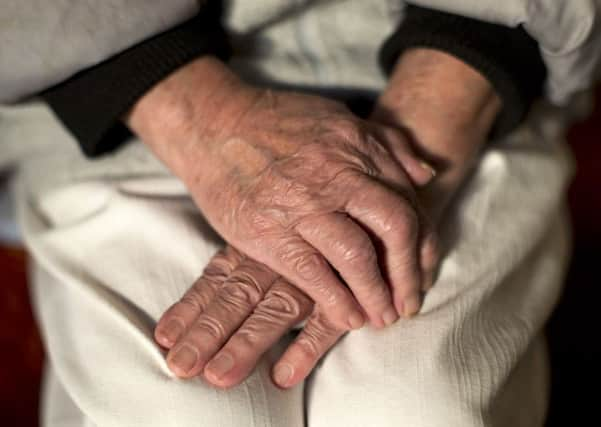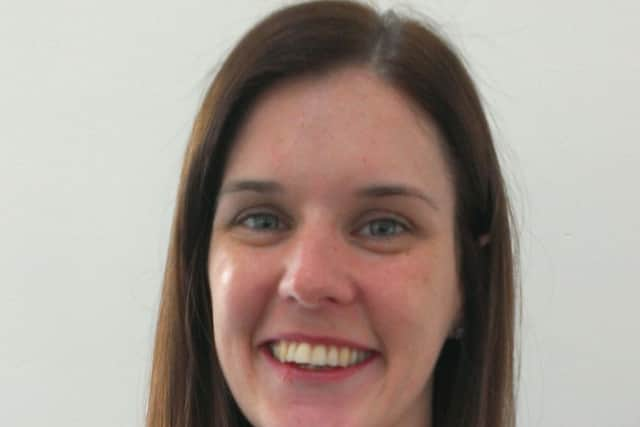How will mum pay care home fees?


A. If your mother has to go into a care home she will have to pay at least part of her fees. However, this doesn’t always mean that the family home will have to be sold.
Before moving into a care home, a financial assessment will be completed to calculate how much your mother will have to pay towards her home fees.
Advertisement
Hide AdAdvertisement
Hide AdIn Northern Ireland if you have capital which exceeds £23,250, which includes the value of your home, the local Health and Social Care Trust will assess you as being able to meet the full cost of your residential care or nursing home.


As your mother is a home owner the value of property may be counted as capital 12 weeks after she moves into a residential care or nursing home on a permanent basis. However, the home won’t be counted as capital if any of the following people still live there:
l husband, wife, partner or civil partner
l a close relative who is 60 or over, or incapacitated
l a close relative under the age of 16 who they are legally liable to support


l ex-husband, ex-wife, ex-civil partner or ex-partner if they are a lone parent
Advertisement
Hide AdAdvertisement
Hide AdThere are other circumstances when the local Trust may choose not to count your mother’s home as capital, for example, if her carer lives there.
If your mother’s stay in residential care or nursing home is temporary, she may have to make a contribution to the cost.
A full financial assessment may not be completed for the first eight weeks, in which case the Health and Social Care Trust will determine a fair contribution for your mother to make. If her stay is temporary, the home won’t be counted as capital.
Giving money or property to other people
If your mother had recently given money or assets to her children or grandchildren the Trust may consider that they have deprived themselves of a capital asset in order to reduce the accommodation charge.
Advertisement
Hide AdAdvertisement
Hide AdIf this is found to be the case, the Trust may treat them as still possessing the asset and can recover the cost of the care from them or the person(s) who received the gift.
Also if an asset is given to someone within the seven years before they die, the person who receives the gift may have to pay Inheritance Tax on it. It is against the law to transfer ownership of an asset to another person specifically to avoid paying care home fees.
An alternative to selling the home may be to rent it out to tenants and use the rent to pay care home fees.
Before your mother’s financial assessment, it would be worthwhile to contact your local Citizens Advice to make sure she is getting all the benefits she is entitled to.
Advertisement
Hide AdAdvertisement
Hide AdThis is important because contribution to home fees will be based on all income - including benefits.
For further information on nursing or care homes and fees the Age NI Advice and Advocacy Service offers independent and confidential support to older people, their families and carers.
The service provides specialist advocacy to challenge residential care decisions and negotiate with Health and Social Care Trusts. To speak to an advisor in confidence please call Age NI on freephone 0808 808 7575. For more information visit www.ageni.org
Get free, confidential and independent advice from your nearest Citizens Advice at www.citizensadvice.co.uk or for further information go to www.citizensadvice.org.uk/nireland